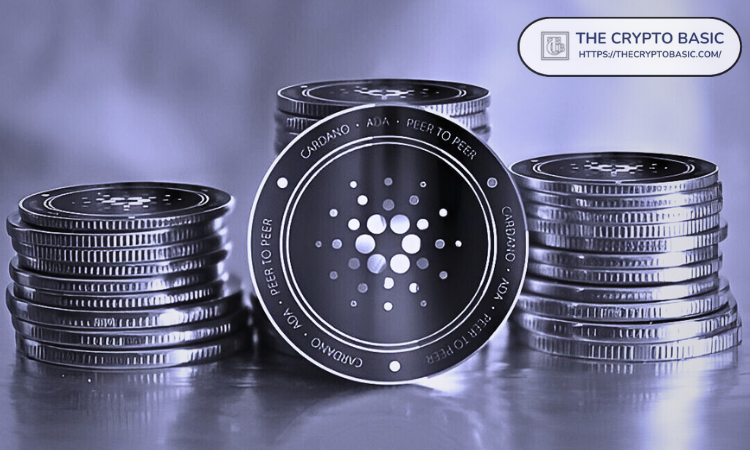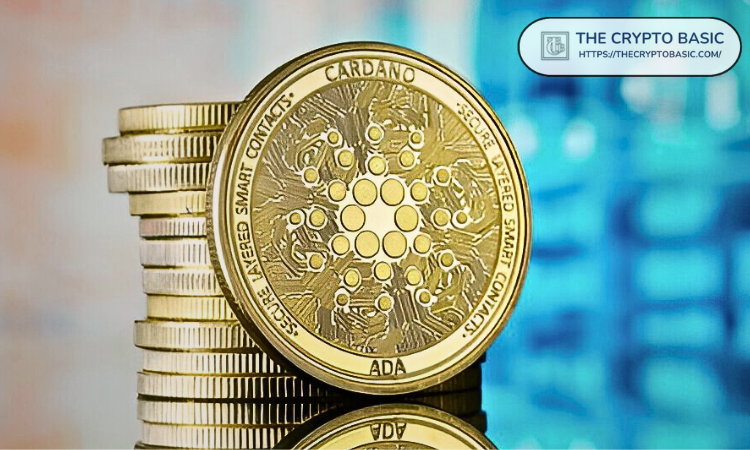Data shows that 99.5% of the 4.657 billion ADA in delegated stake was used to cast votes through Delegated Representatives (DReps).
Input Output Global (IOG) CTO Romain Pellerin highlighted this figure in a tweet today. The voting event, part of Cardano’s Voltaire governance era, gathered input across three categories: Yes, No, and No Confidence.
Of the total votes, 3.57 billion ADA, approximately 76.18%, supported the proposed measure. Meanwhile, 918.19 million ADA voted against it, and 169.17 million ADA were cast as votes of no confidence. The remaining 0.5% of the delegated stake did not participate.
#Cardano decentralized governance in action: 99.5% participation of ADA 4.657B delegated stake🖖 https://t.co/yCpHQ7zCKe
— Romain Pellerin (@rom1_pellerin) April 25, 2025
Cardano’s Voltaire framework enables on-chain decision-making through a liquid democracy model. Under this system, ADA holders delegate their governance power to DReps without losing custody of their funds. Their voting power is measured by the amount of ADA allocated to them.
These representatives vote on network-wide proposals, ranging from hard forks to treasury decisions. Notably, voting rights are transferable anytime, providing ADA holders flexibility.
Full Governance Following Plomin Hard Fork
The governance capabilities used in the recent vote became fully operational after the Plomin hard fork in January. This upgrade activated core features of Cardano’s governance infrastructure, including treasury withdrawals and the role of DReps.
As a result, ADA holders were able to assign their voting power or retain it, depending on their desired level of participation.
Following this development, users could vote directly, assign votes to a DRep, abstain, or register a no-confidence stance. The system kept staking rewards unchanged for those choosing not to participate in governance, mirroring pre-hard fork operations. This allowed seamless transition into the new model without affecting existing staking incentives.
Flexible Voting Options
The foundation for this governance flexibility began with the Chang hard fork, introduced last year. At that point, the network added new options for ADA holders to determine how actively they would engage with on-chain decision-making. This allowed the community to choose between passive delegation and active governance, depending on their preference.
Cardano Founder Charles Hoskinson noted at the time that governance participation remained optional and would not affect staking benefits. Users could opt out of the voting process entirely while continuing to receive regular rewards through their delegated pools.
















No comments yet